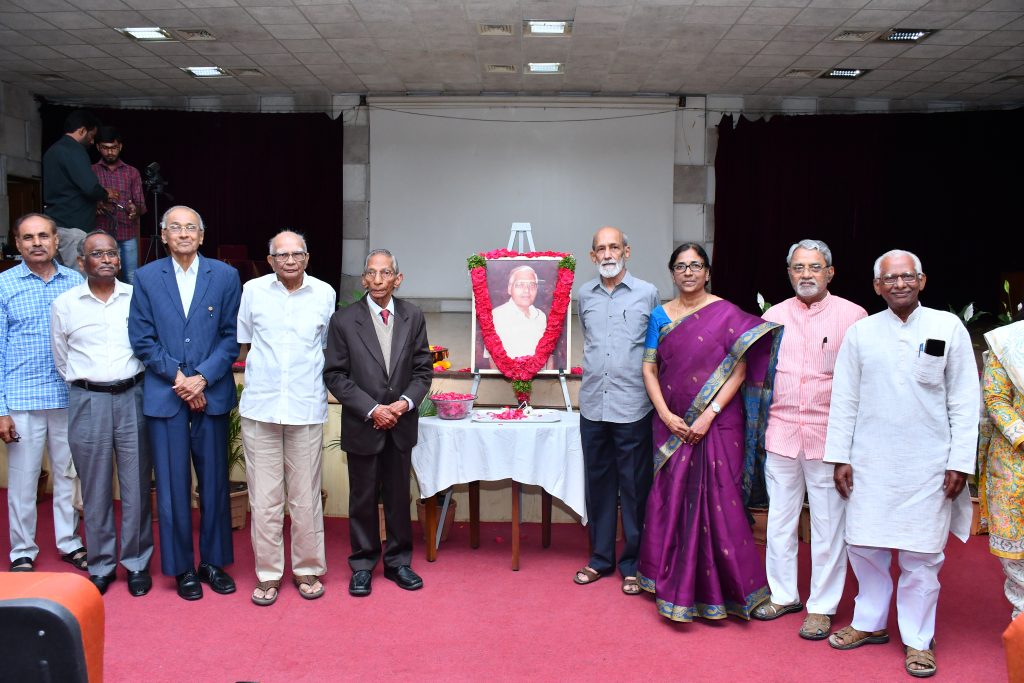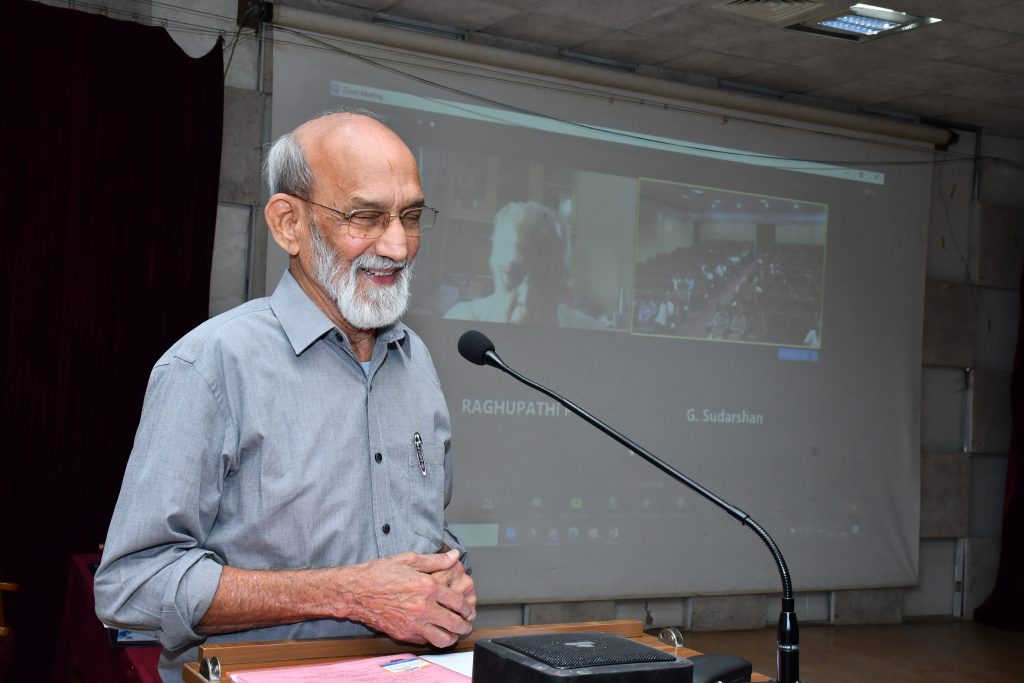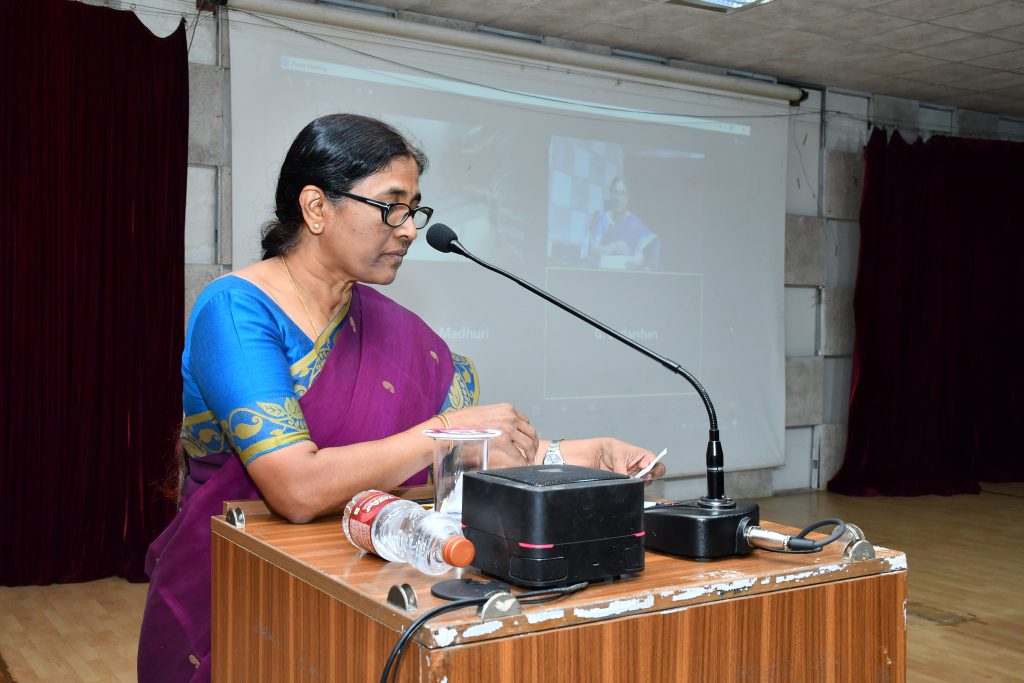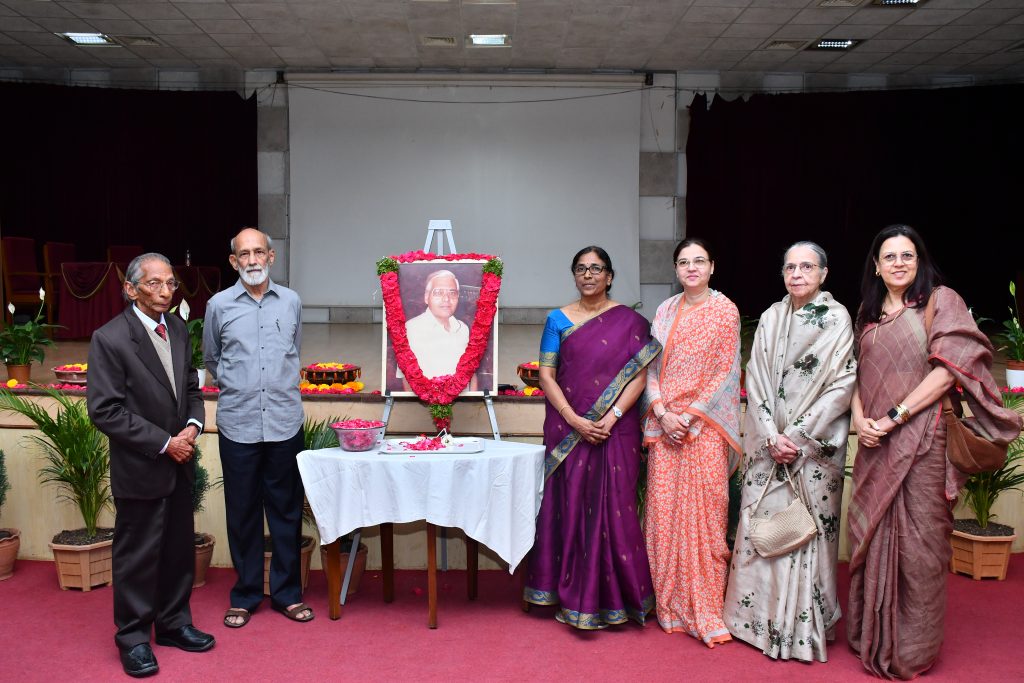18thWaheeduddin Khan Memorial Lecture
On
Inequality of Opportunity and higher Education in India
Organized at Centre for Economic and Social Studies, Hyderabad
30 January 2024
“Inequality in higher education are growing as a result of growing income inequality, the pace of which has accelerated significantly since 2000. Consequences of this inequality are detrimental to the goals of inclusive growth. The seeds of Equality to education are sown at the level of basic schooling”said Prof. D Narasimha Reddy, former Professor of economics at CESS, Hyderabad.
He was speaking at the “Waheeduddin Khan Memorial Lecture” Organized by Centre for Economic and Social Studies. The lecture was organized in honor of Prof. Waheeduddin Khan, the first Director and one of the founding members of the Centre.
The meeting was chaired by Prof. Dilip M Nachane, Chairman CESS, Hyderabad. Prof. E Revathi, Director, CESSintroduced the Chief Speaker and observed that the topic is of critical importance and is of great significance to CESS in terms of ongoing research on inclusive development.
Prof Reddy has traced the normative idea of equality of opportunity from religious, and philosophical dimensions. Inequalities in opportunities (in education) which are beyond individual control like race, gender, place, and lineage are unacceptable. Indian Constitution has created provisions for ‘Positive discrimination’ in striving towards equality of opportunities for SC, ST in the form of reservation. Enrollment of SC and ST students in elite higher education institutions in India could not have been possible without reservation policies in admission.
Substantiating the state of inequality in higher education with findings from the various rounds of NSSO studies he drew the trends of enrolment ratio in higher education among social groups between 1993-94 and 2017-18 and the rural urban divide in the distribution of students attending various types of institutions of higher education, by caste and religious groups. The empirical evidence of educational opportunities in higher education for different social and religious groups shows that the gap between groups persisted with the ‘Others’ at the top and ST at the bottom. Within all social groups there is gender gap, rural –urban and economic class or income gap. What is striking from the empirical data is in groups such as Muslim OBC though poverty rate is lower but rate of attending higher education institutions is lower compared to ST, SC, non-Muslim OBC and Muslim Upper class.
Further the speaker noted education is a major source of income inequality. Nature of Inequality in India of late has shifted from vertical (between social and economic groups) to horizontal inequality (within groups). Horizontal Inequalities which is found within different social and economic groups are now becoming more and more evident in recent times.This inequality is reflected in multiple forms. The inequality may be seen to become rampant among the middle class, which seems to be hollowing out or thinning out with impact seen in its ability to afford to basic entitlements like education and health among other areas.
Taking on from the fact that education is the root cause of income inequalities, Prof Narasimha Reddy said that a common school system is a strong means for arresting the deepening inequalities in access to quality education.
Dr. Waheeduddin Khan (1934-85) was one of the Founder Members of the Centre for Economic and Social Studies. He was its Director from 1980 to January 6, 1985. Dr. Waheeduddin Khan, besides serving on the Task Force and various other Advisory Committees of Planning Commission of India, also served on several Technical and Advisory Committees of the Central Government and State Government of Andhra Pradesh.
Prof. D. Narasimha Reddy, Visiting Professor, Institute for Human Development, New Delhi was formerly Professor of Economics at the University of Hyderabad, and late Sankaran Chair Professor, National Institute of Rural Development, Hyderabad. His areas of specialization include Labour Economics, Agrarian Studies and Political Economy of Development.




